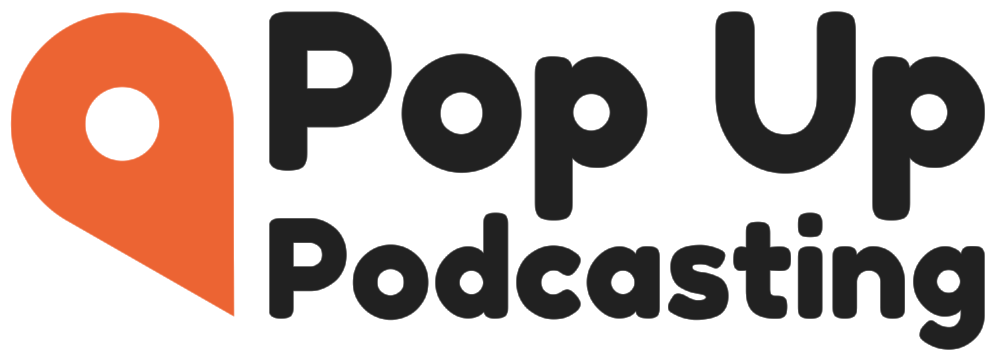How Will You Measure Your Podcast's Success?
Excerpt from: Podcasting at Work: 25 Questions to Ask Before Starting
The most common way to measure podcast success is through the number of listeners - but this shouldn’t be your only metric for success.
Your podcast hosting provider (we recommend Simplecast) will tell you how many people listened to each episode, where they’re located geographically, and what device they listened on. Over time you can compare listenership between episodes to measure growth. Third-party tools like Chartable can be useful for tracking your show’s popularity in Apple podcasts and elsewhere too.
Including a clear and easy to accomplish call to action in your podcasts opens up a world of additional key performance indicators.
A podcast call to action (CTA) is a message included in your podcast audio and show notes that asks your audience to do something. The most common and easily measurable podcast CTAs include visiting a specific URL, joining an email list, taking an action on social media, or responding to a request for audience feedback by phone or email.
Your podcast CTA should be:
Easy to understand and do: if your CTA is confusing, long, or complicated to do, your audience is more likely to skip it.
Singular and repetitive: pick one and repeat it instead of confusing your audience with multiple CTAs.
Mutually beneficial: your audience is much more likely to take an action if there’s something in it for them.
Direct listenership measurement and CTAs are great ways to measure podcast success, but our clients tell us they get a lot more than growing audience numbers out of podcasting. Podcasting can provide a venue for:
Powerful Networking: Your podcast allows you to reach out to prospects, community members, or luminaries in your field - and sit down for long conversations on your terms. Not only that, but guests often feel honoured to be chosen.
Internal knowledge sharing: How much do colleagues really know about each others’ work? Or about management’s direction or vision? Your podcast is an easy way to share and connect internally.
Human-scale relationship building: Podcasts are personal, and an authentic voice takes us way beyond the printed page or even glossy video. Your podcast can humanize leadership, build trust and personal rapport, and foster culture on a broad scale.
So yes, of course you should measure your audience size and growth, but don’t neglect other ways of measuring impact, like listeners taking action on your CTAs (calls to action), and the value the podcast brings to your organization regardless of audience size.


